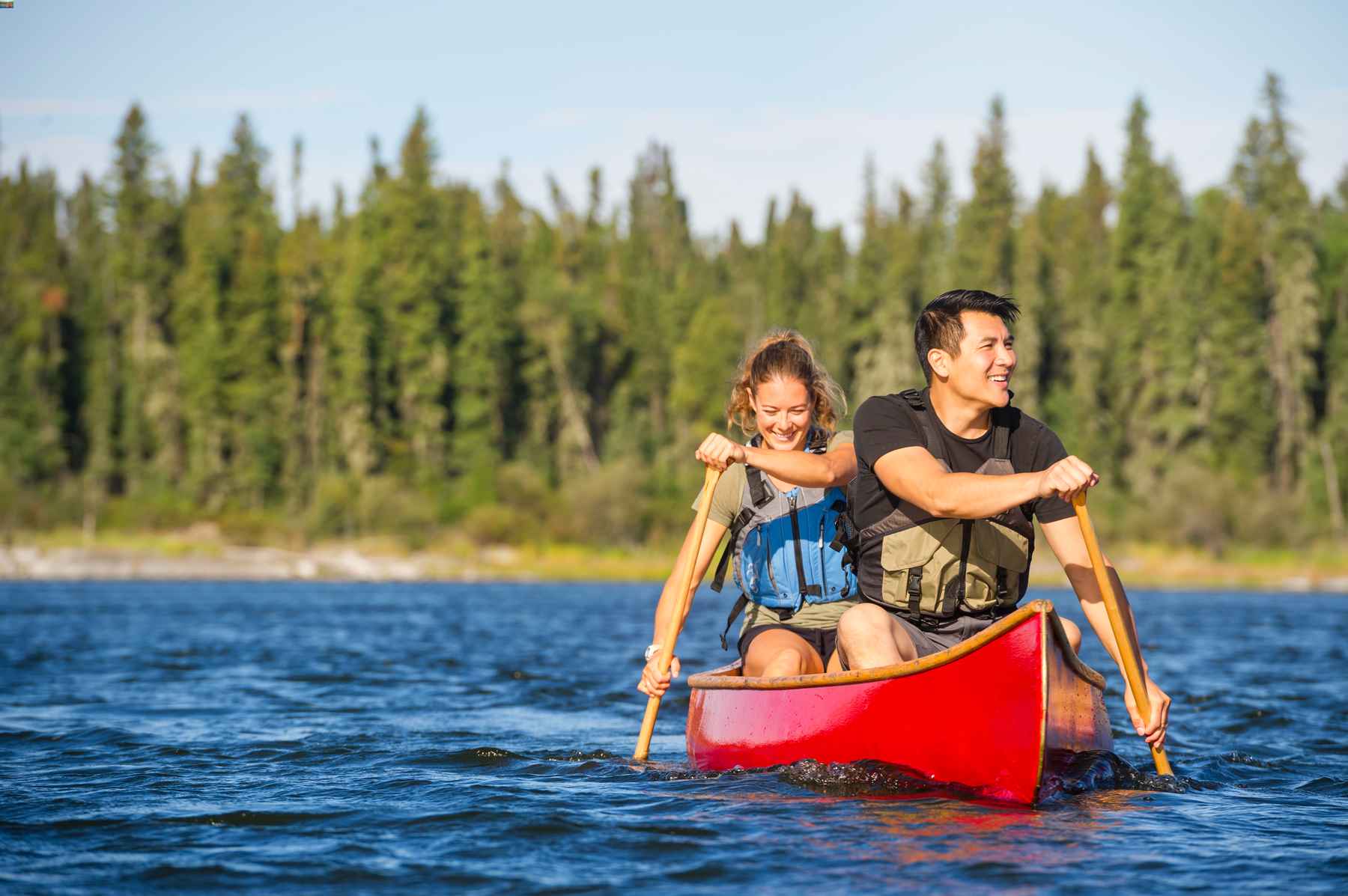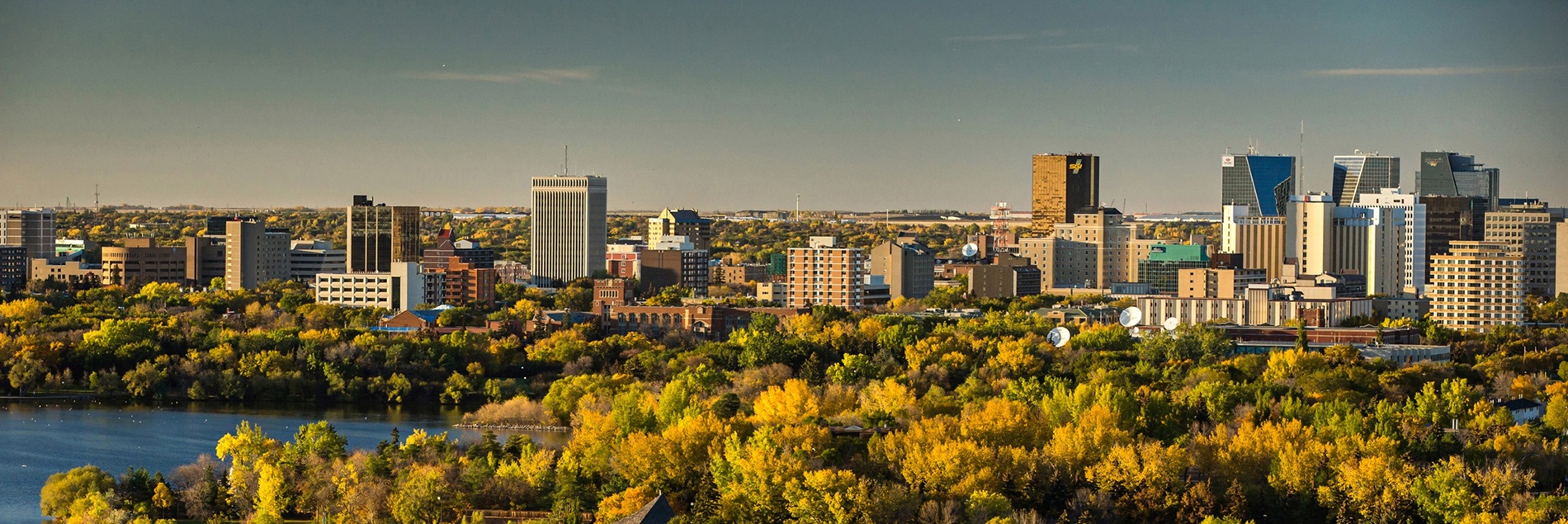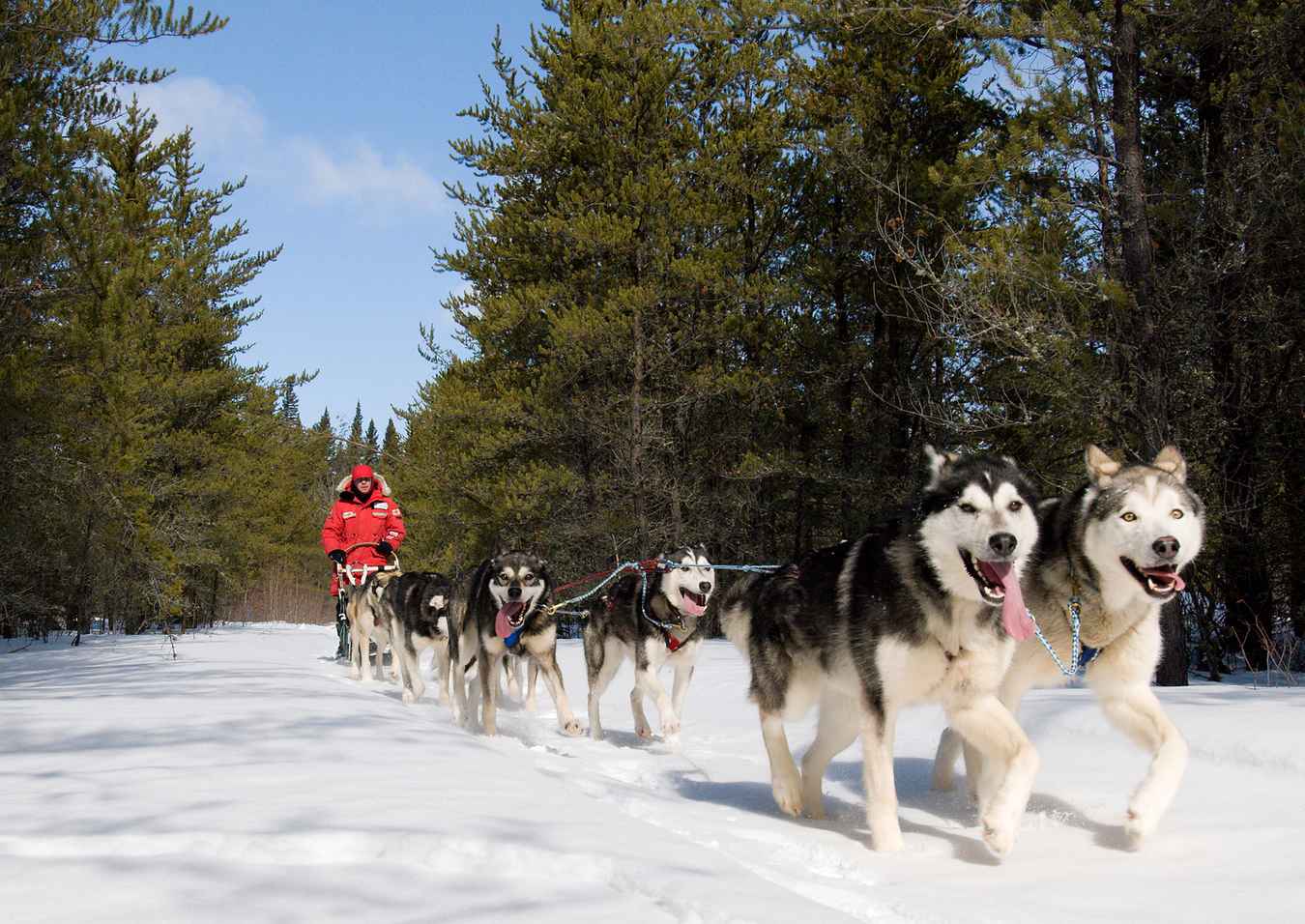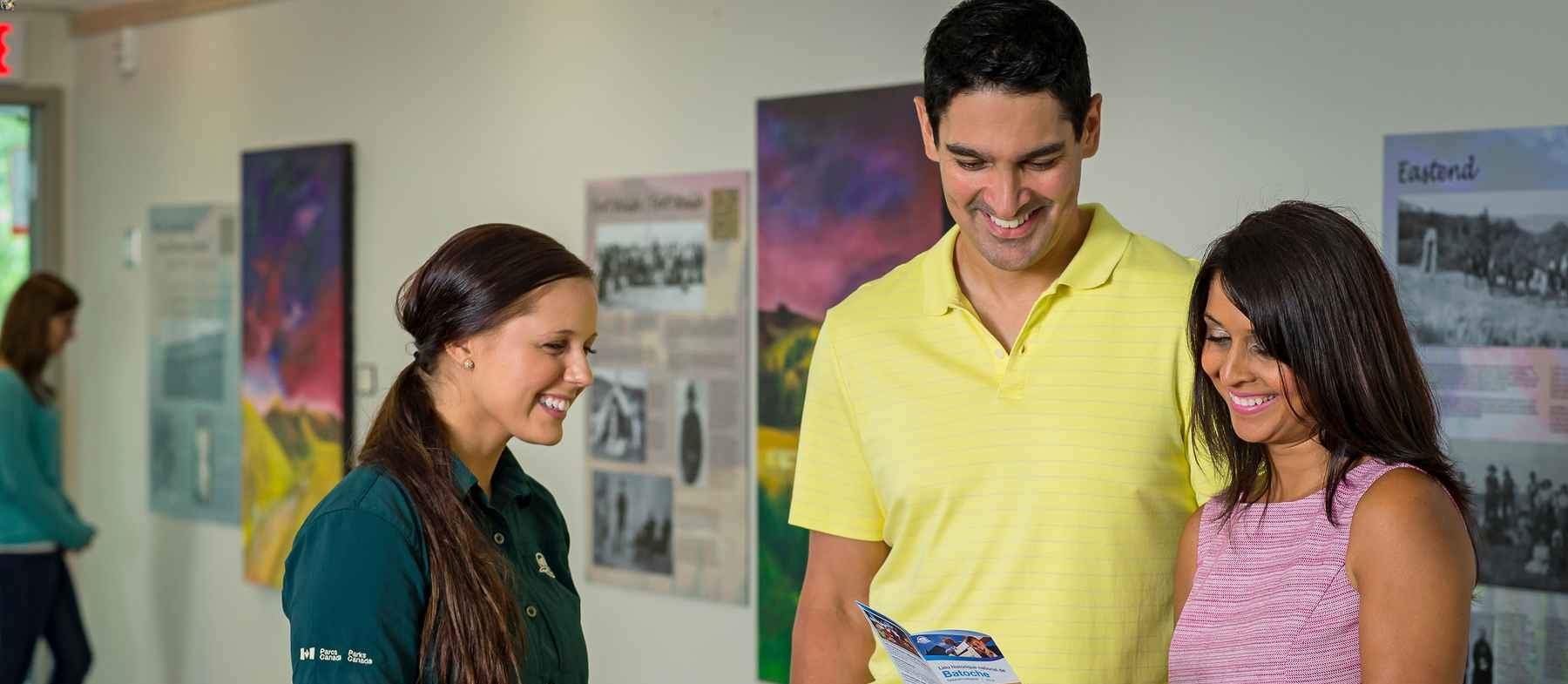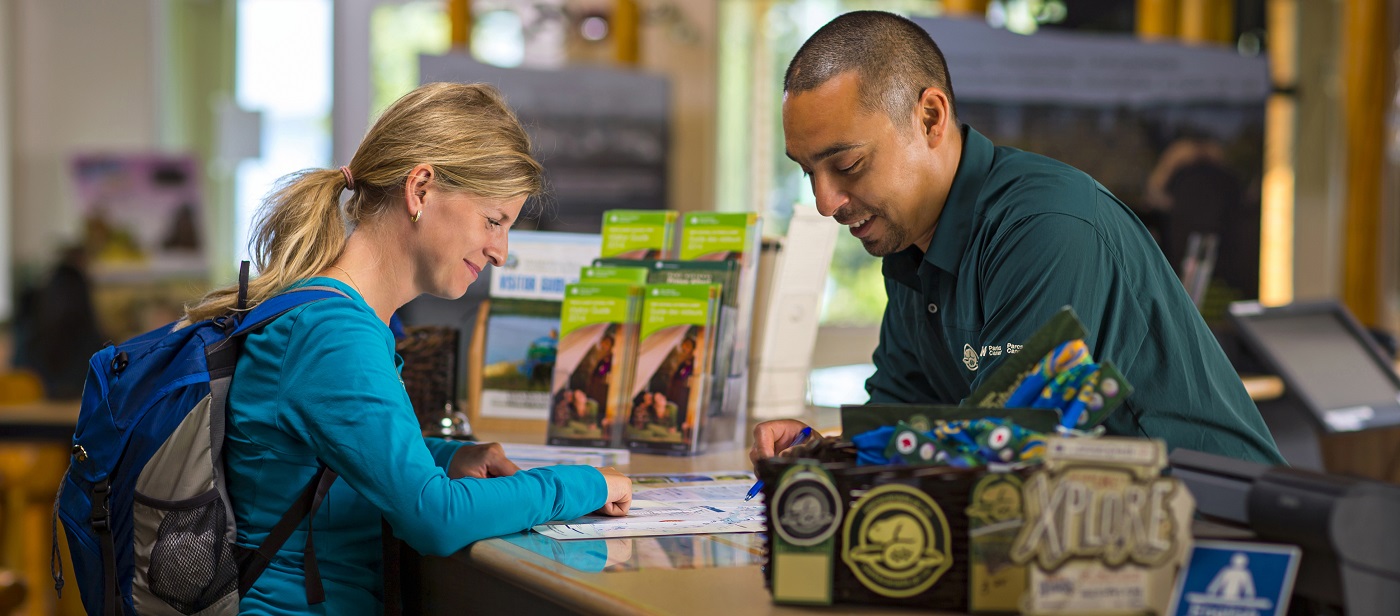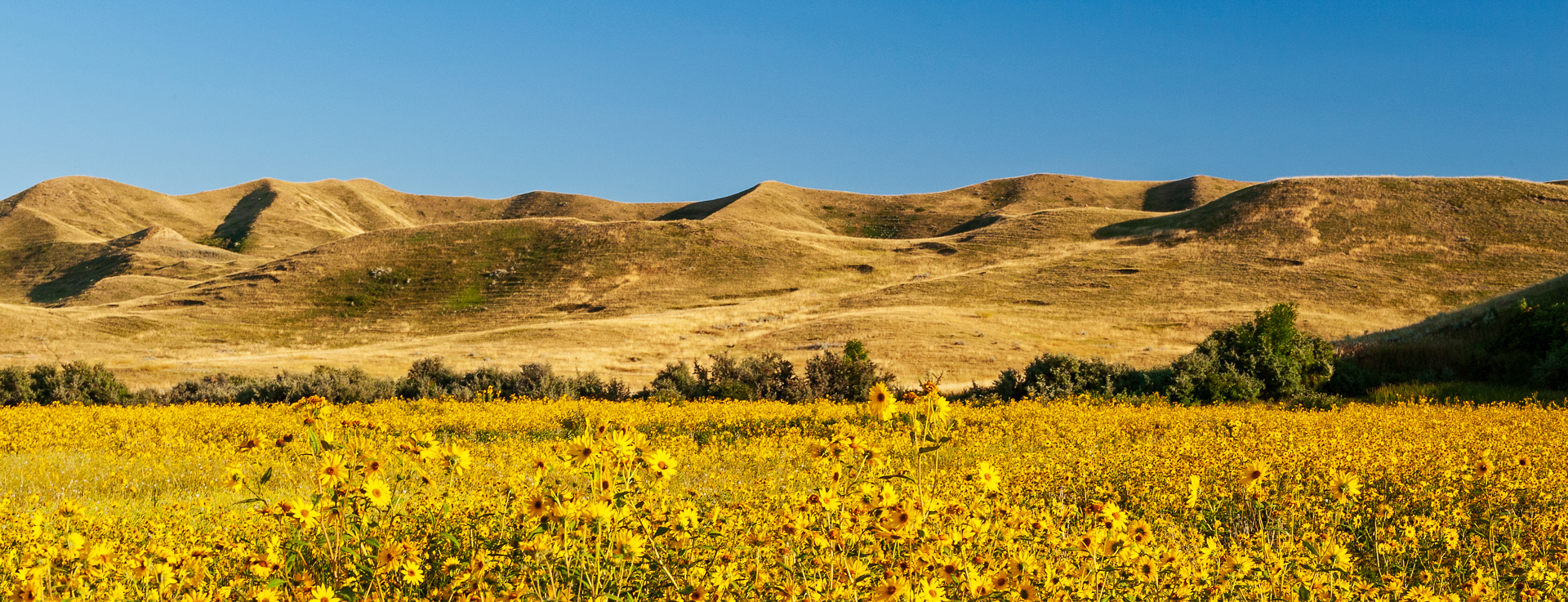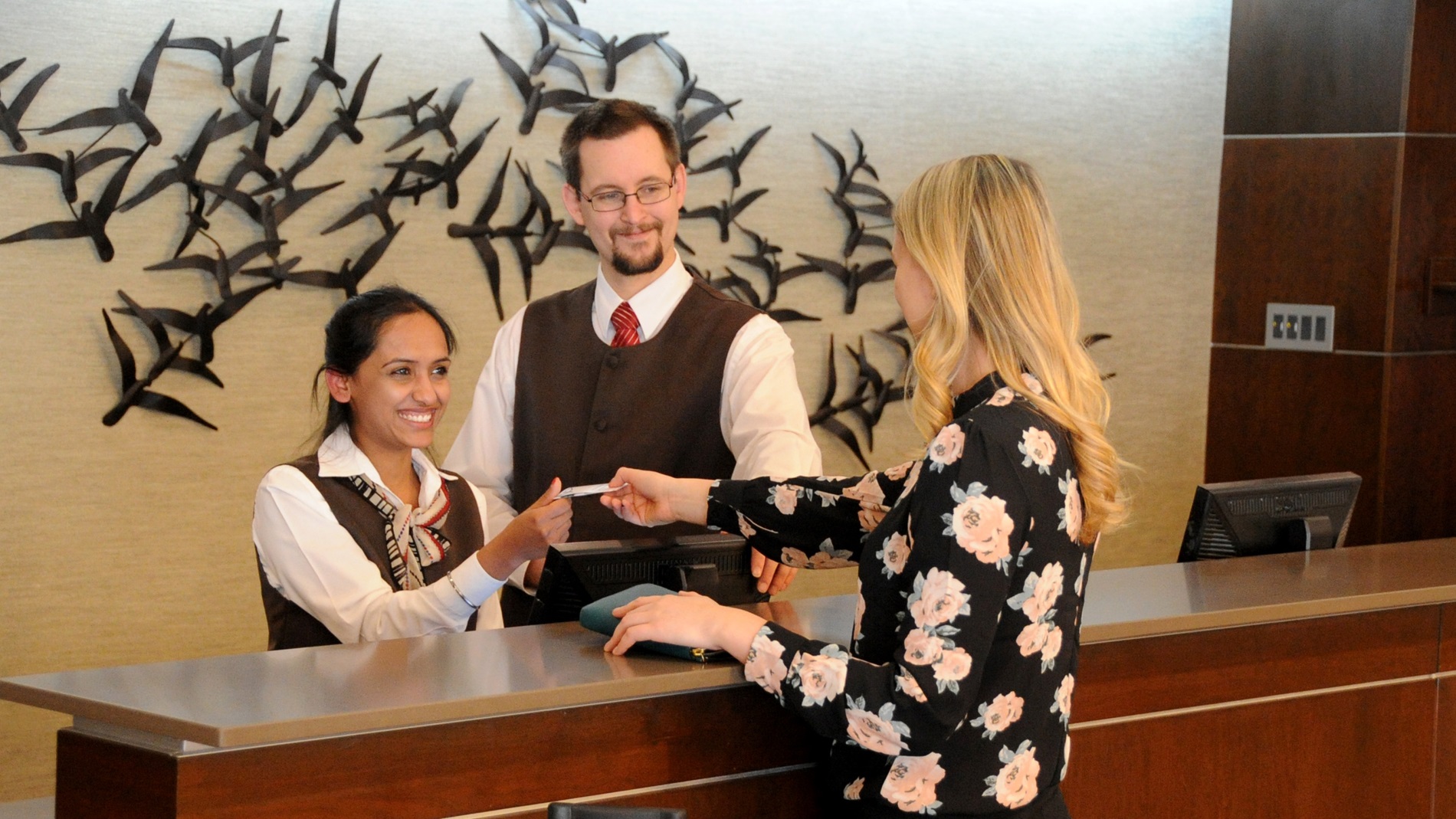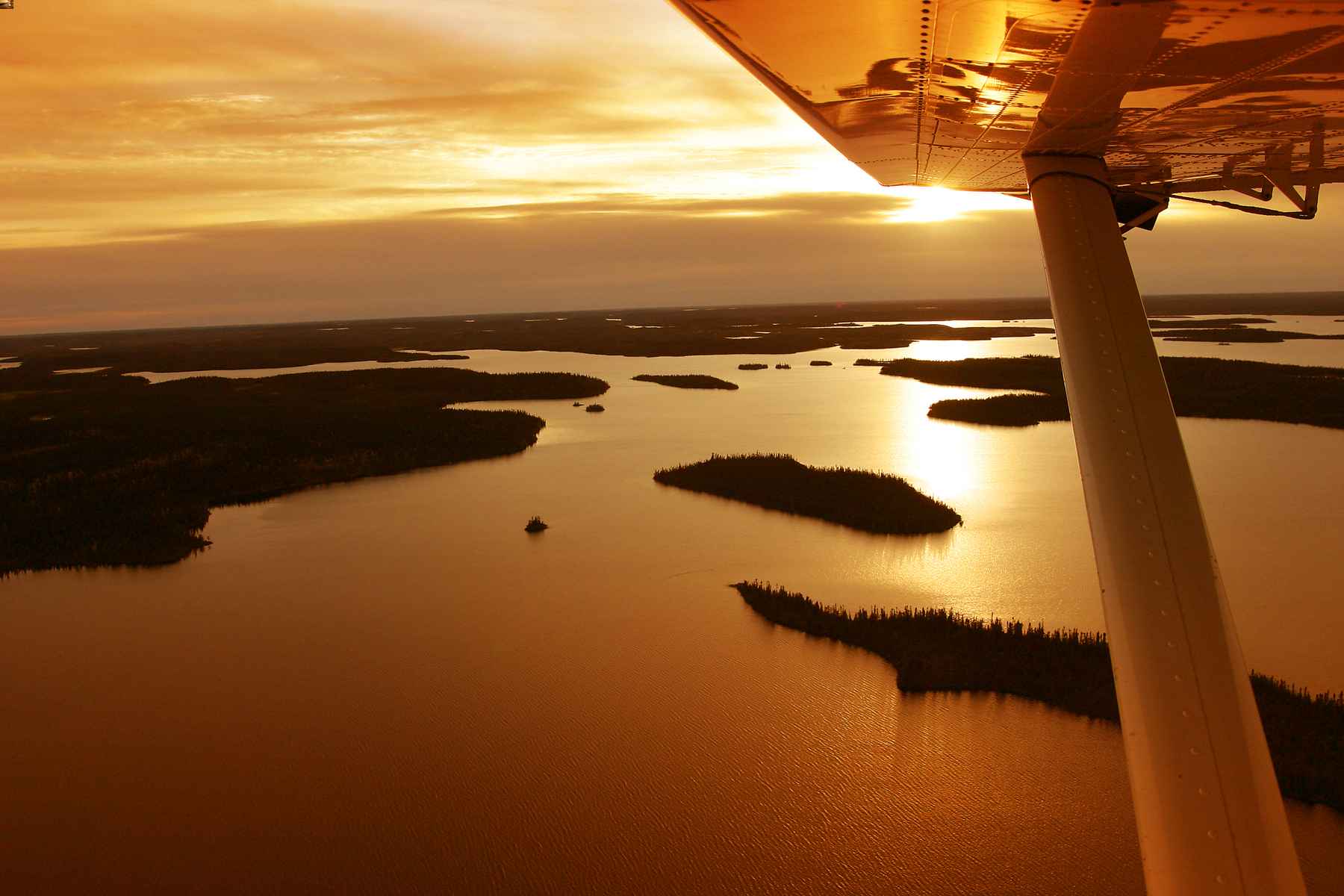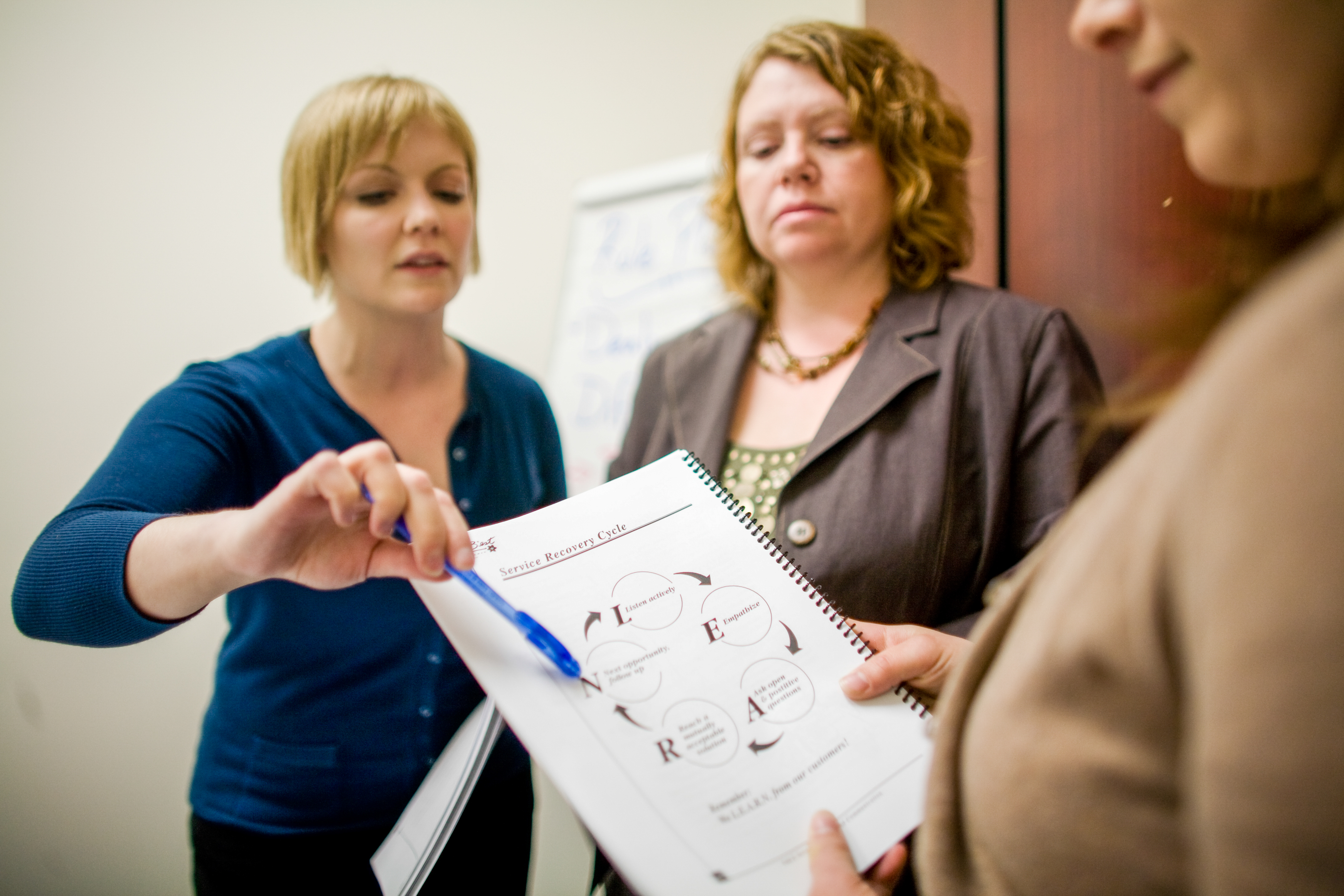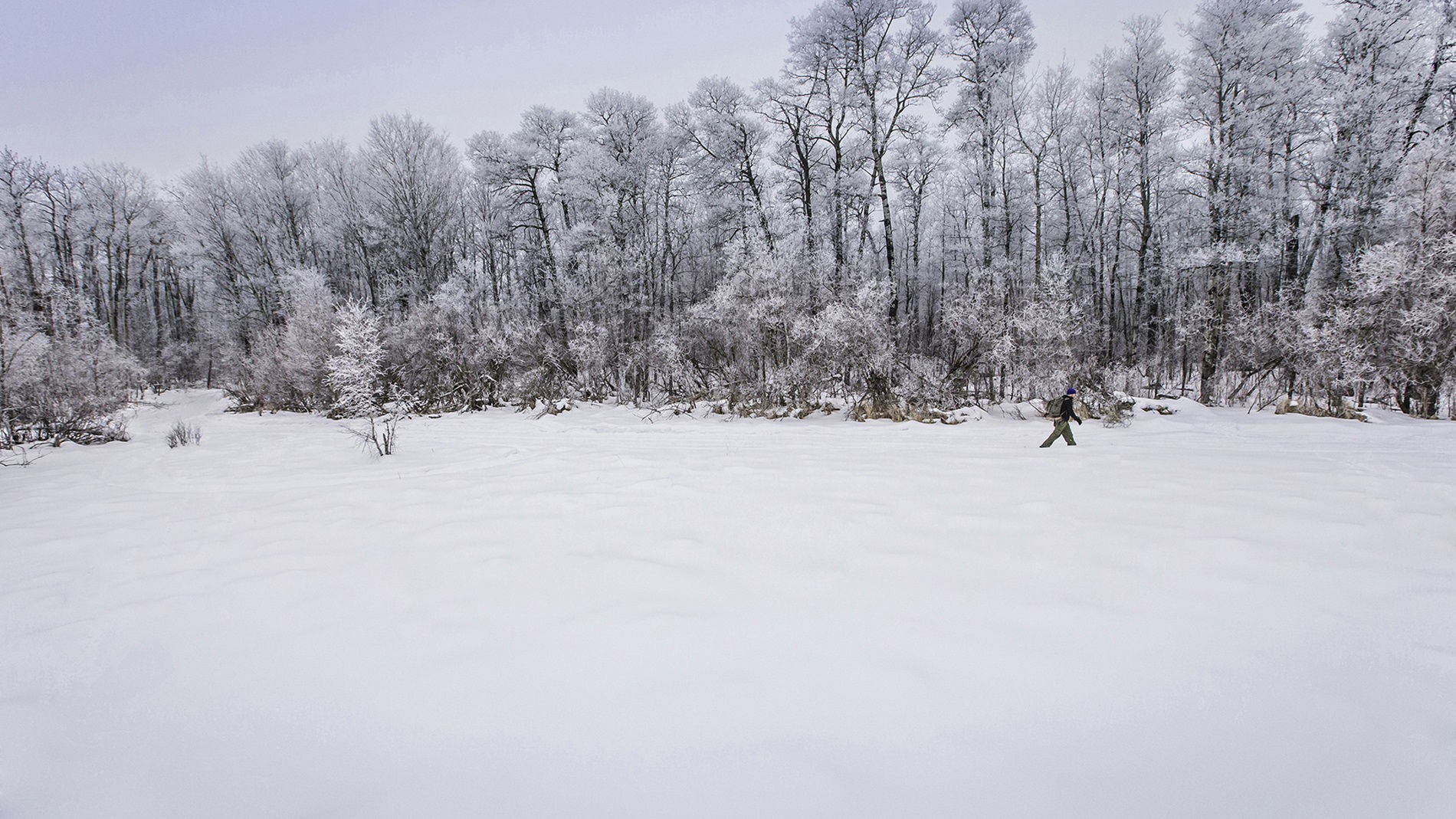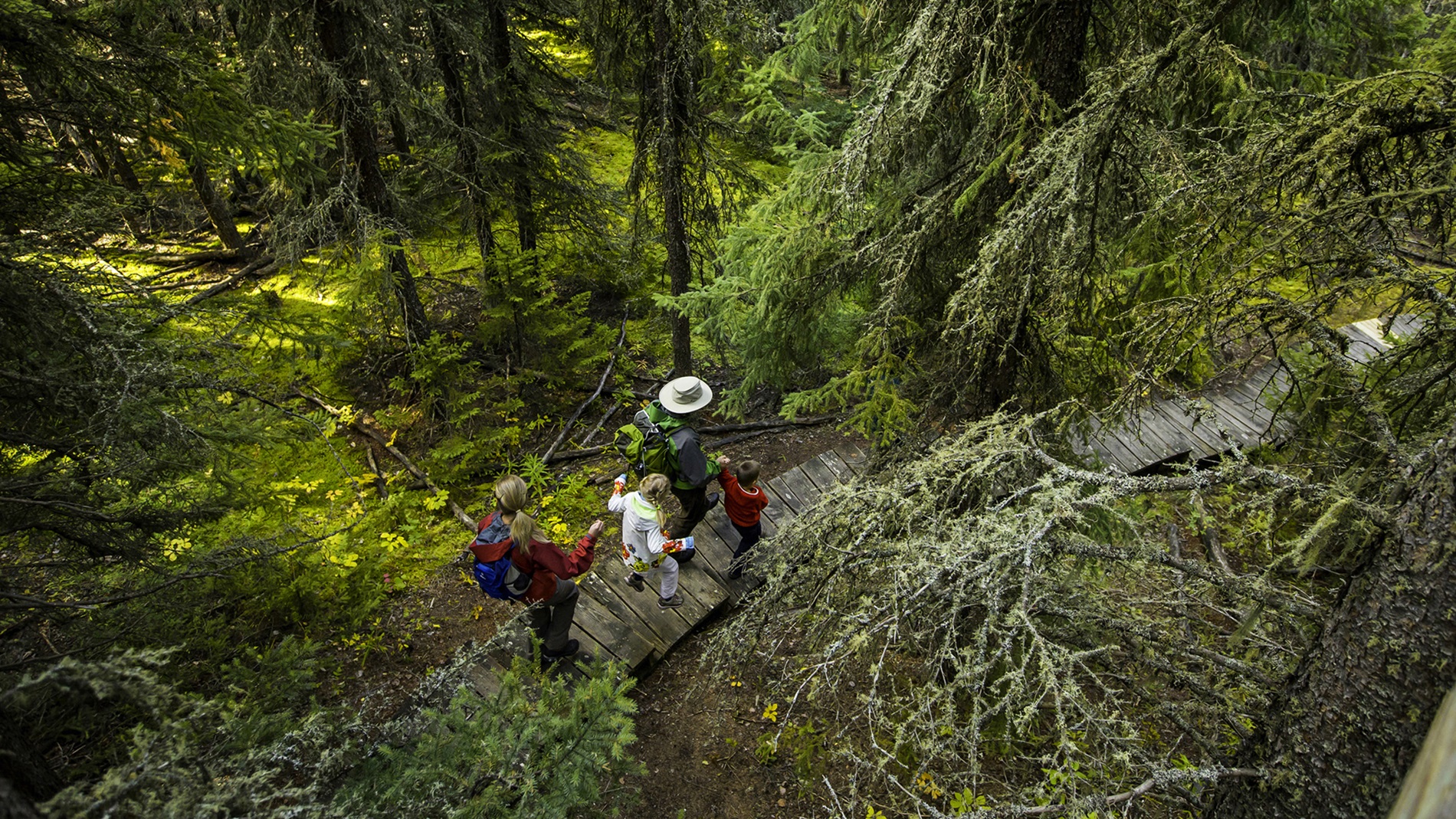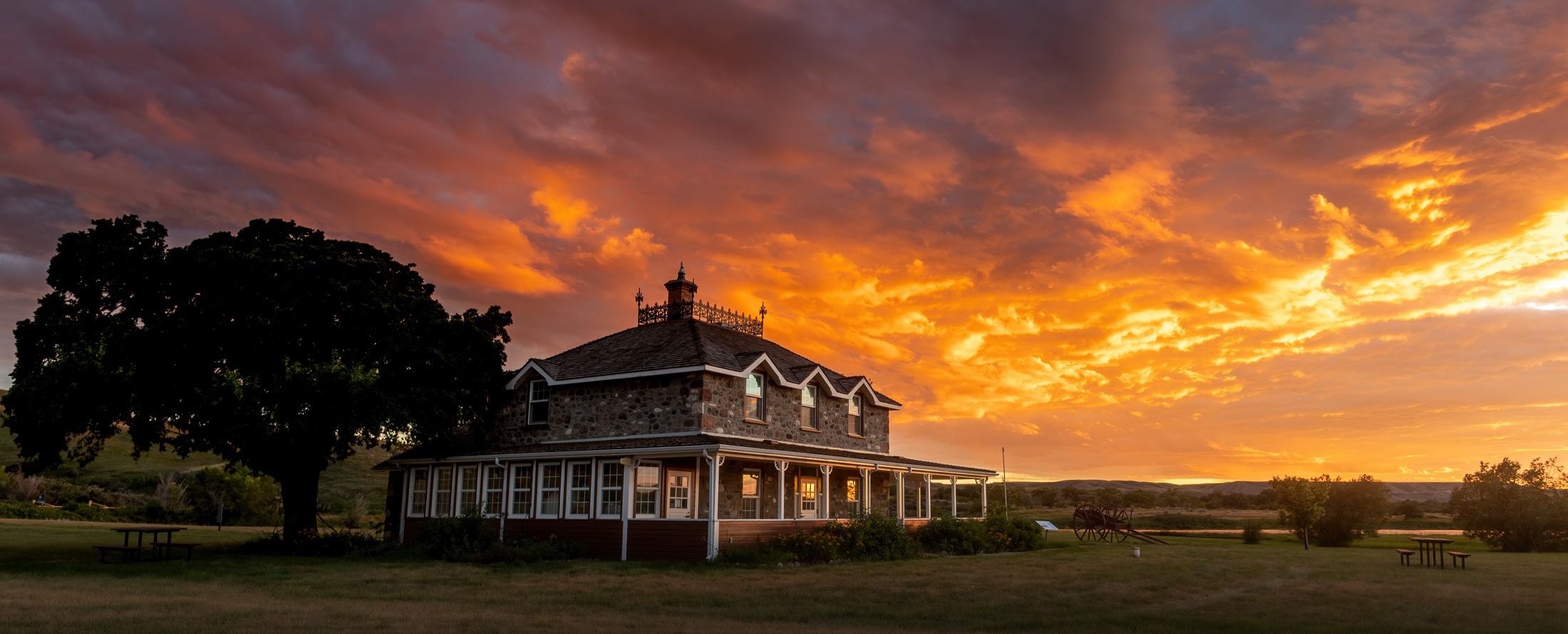The Starting and Developing Your Business section provides a general overview of the steps and considerations necessary to evaluate and prepare for the operation of a tourism business venture. Thoughtful planning is a prerequisite in the process. This section will serve as a valuable reference as you consider what steps to take to move from concept to action in realizing your tourism dream.
Some topics covered in Start Your Business are common to all commercial ventures. Others are unique to the nature and requirements of the tourism industry. Regardless of the operation's scope, methodical planning and thorough documentation and research are essential to success in the development process.
Major sections will assist in understanding the regulatory environment in which tourism businesses and attractions operate, and in determining:
- what aspects of a proposed development should be defined early in the process and modified as more information is obtained; and
- which steps you may have to follow as the proposed project passes through the development process.
No single source can answer all of the questions or cover all of the issues that developers of tourism projects may encounter. However, this section attempts to provide a clear framework for what is involved in developing a successful tourism operation.
Key resources for each step in the development process and a comprehensive list of pertinent government departments, agencies and funding contacts have been compiled for you. By using this step-by-step guide and initiating the necessary contacts early in the process, you will be well on your way to establishing or expanding your tourism business.
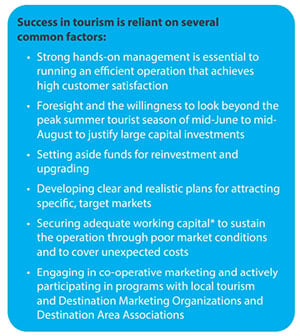 Successful Tourism Operations
Successful Tourism Operations
A successful tourism operation is a product of strong leadership and management, dedicated employees and the overall ability to serve a market. This is especially true, given the competitive nature of the tourism industry and the realities of a travelling public that has limitless options and expectations to receive high-quality personal service.
Creating a comfortable, friendly atmosphere should be one of the primary considerations influencing business practices and the selection of employees. It is key to ensuring customer satisfaction, positive word-of-mouth and achieving a high percentage of return business.
Private lenders, outside investors and government agencies view many proposed tourism developments as high-risk ventures. They require a clear indication of viability and managerial capability. The following chapters will help you understand and deal successfully with their concerns.
Starting and Developing Your Business Resources
Tourism developments depend on the use of various resources to attract visitors. These can include natural, heritage, cultural, recreational, paleontological and archaeological resources. The availability of human resources must also be considered. Adequate, well-trained staff is paramount to launching a successful tourism venture, and strategies to address human resource issues should be considered early in the process.
Generally, an economic feasibility study is carried out in three separate steps: market analysis, financial analysis and the business plan.
A number and variety of government policies, guidelines and regulatory procedures affect nearly all tourism projects, no matter what their size. There are good reasons why this is the case.
Having defined and planned all aspects of the tourism project, the next steps are to take the proposal through the required stages of the development process.
This element of the development process is one of the most critical. Under The Planning and Development Act, 2007, municipalities have the authority to adopt an Official Community Plan (OCP). An essential component of a municipality’s planning process, the OCP is designed to guide future growth and development of the municipality.
Land subdivision involves the creation of legal parcels of land. This is one of the more common procedures within the development process when new titles are to be created.
Tourism developments often require access to and the use of natural resources. In some instances, tourism activities may have an impact on other natural resource users. Heritage and archaeological resources may also be affected in the development process. Taking these into consideration involves working with the officials and/or area residents responsible for several processes.
If restaurants, accommodations, swimming pools or water and sewer systems are part of the planned tourism facility, you should be aware of a variety of public health regulations and approvals. Generally, these are administered by the Ministry of Health, Water Security Agency and Ministry of Environment.
Crown Land within national and provincial parks (and lands designated under The Parks Act) cannot be sold. However, leases and development agreements can sometimes be obtained for projects meeting criteria established by the Ministries of Environment and Parks, Culture and Sport for commercial operations in provincial parks, and Parks Canada (Environment Canada) for commercial operations in national parks.
One of the most challenging aspects of owning a business is knowing how to sell it when the time is right. The Succession Planning Program is designed to provide business owners with comprehensive guidance to develop a robust succession plan for their business.


